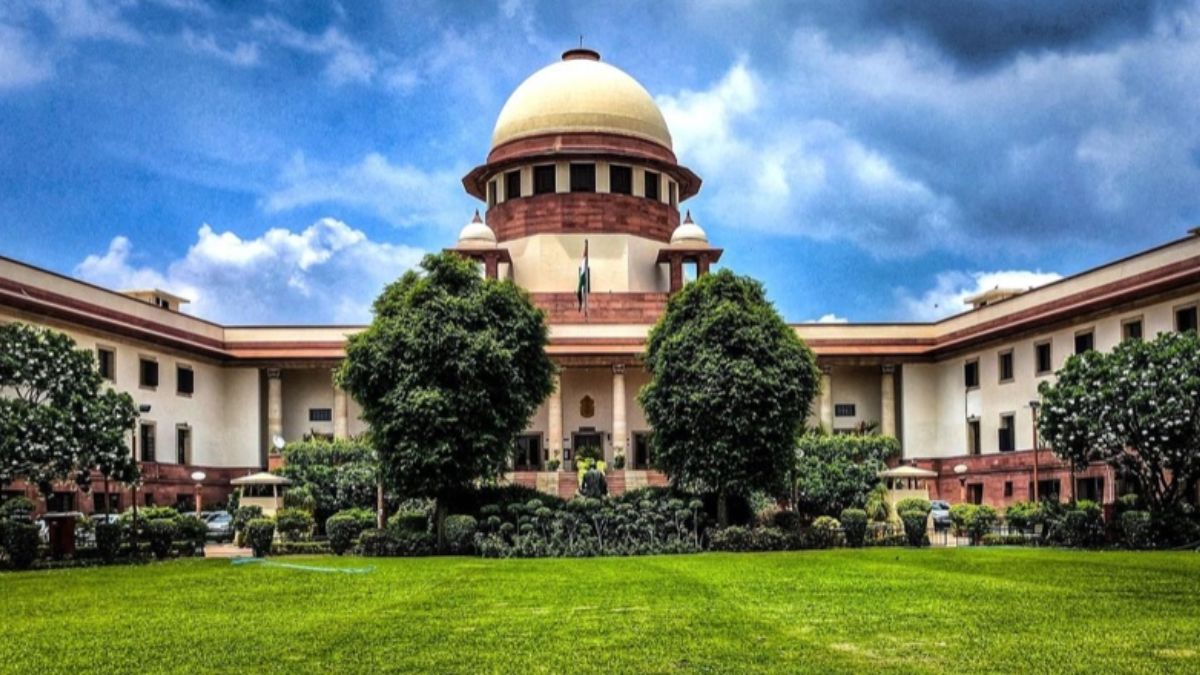The Supreme Court of India has dismissed a petition challenging the demolition of Faizyab Masjid in Delhi. The decision permits the petitioners to reapproach the court if the authorities fail to allocate alternative land for the mosque, addressing concerns about the mosque’s displacement.
The Faizyab Masjid, situated in the heart of Delhi, has been at the center of a contentious legal battle involving its demolition. The demolition was ordered as part of a broader urban redevelopment plan. The petitioners argued that the mosque’s demolition without providing alternative land infringes upon their rights and religious freedoms.
In its ruling, the Supreme Court acknowledged the complexity of the situation but concluded that the immediate plea for halting the demolition was untenable. The court emphasized that the petitioners could seek judicial redress if the government fails to offer a suitable alternative site for the mosque. This conditional allowance aims to ensure that the religious and cultural concerns of the community are addressed in the process of redevelopment.
The decision has been met with mixed reactions. Supporters of the redevelopment plan argue that it is essential for urban progress and infrastructure development. However, critics express concerns about the potential loss of historical and cultural heritage, and the adequacy of provisions for relocating places of worship.
The Supreme Court’s ruling highlights the ongoing tensions between urban development and the preservation of religious sites. It also sets a precedent for how similar cases might be handled in the future, emphasizing the need for balanced solutions that respect both legal and cultural considerations.

